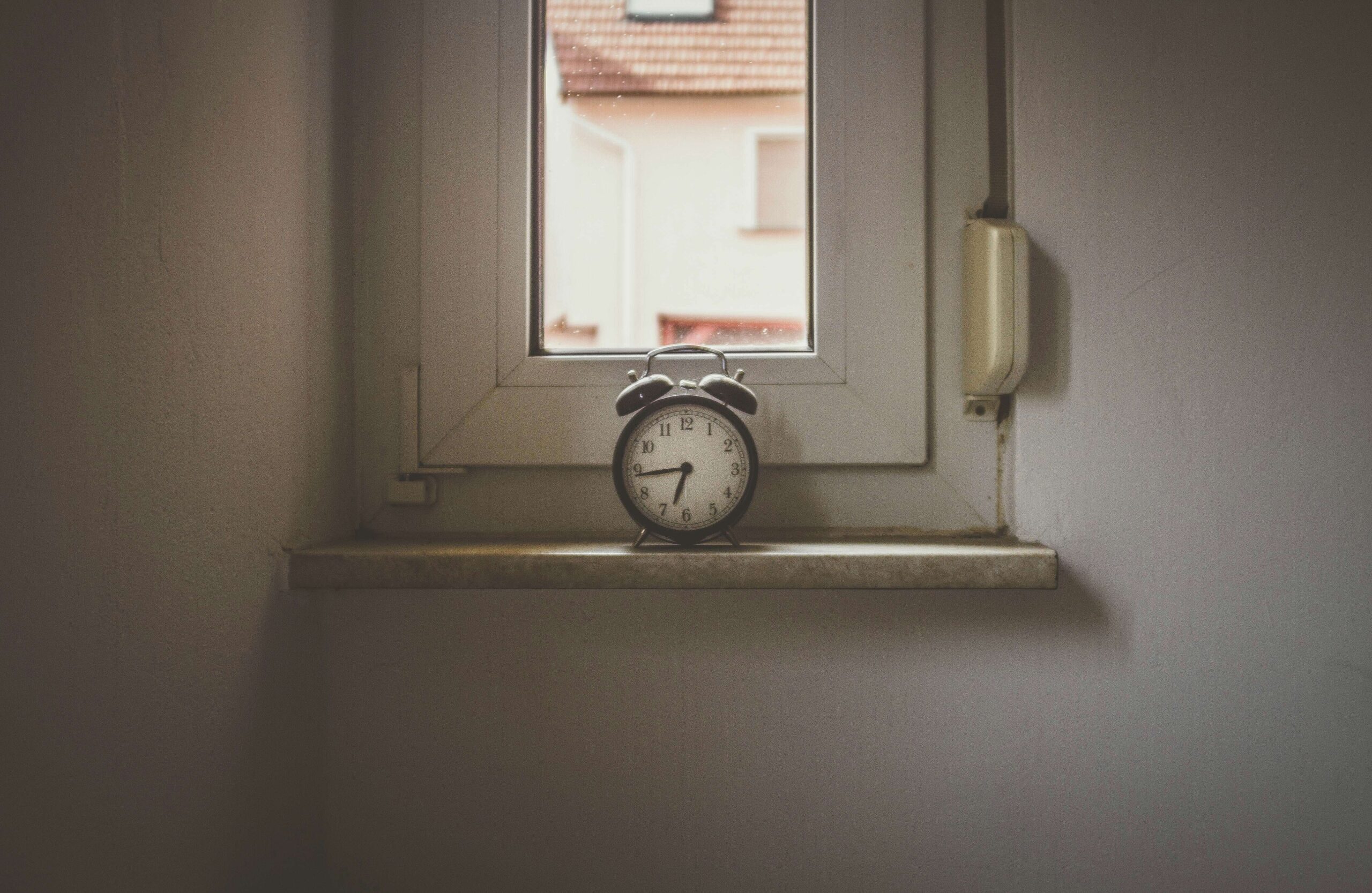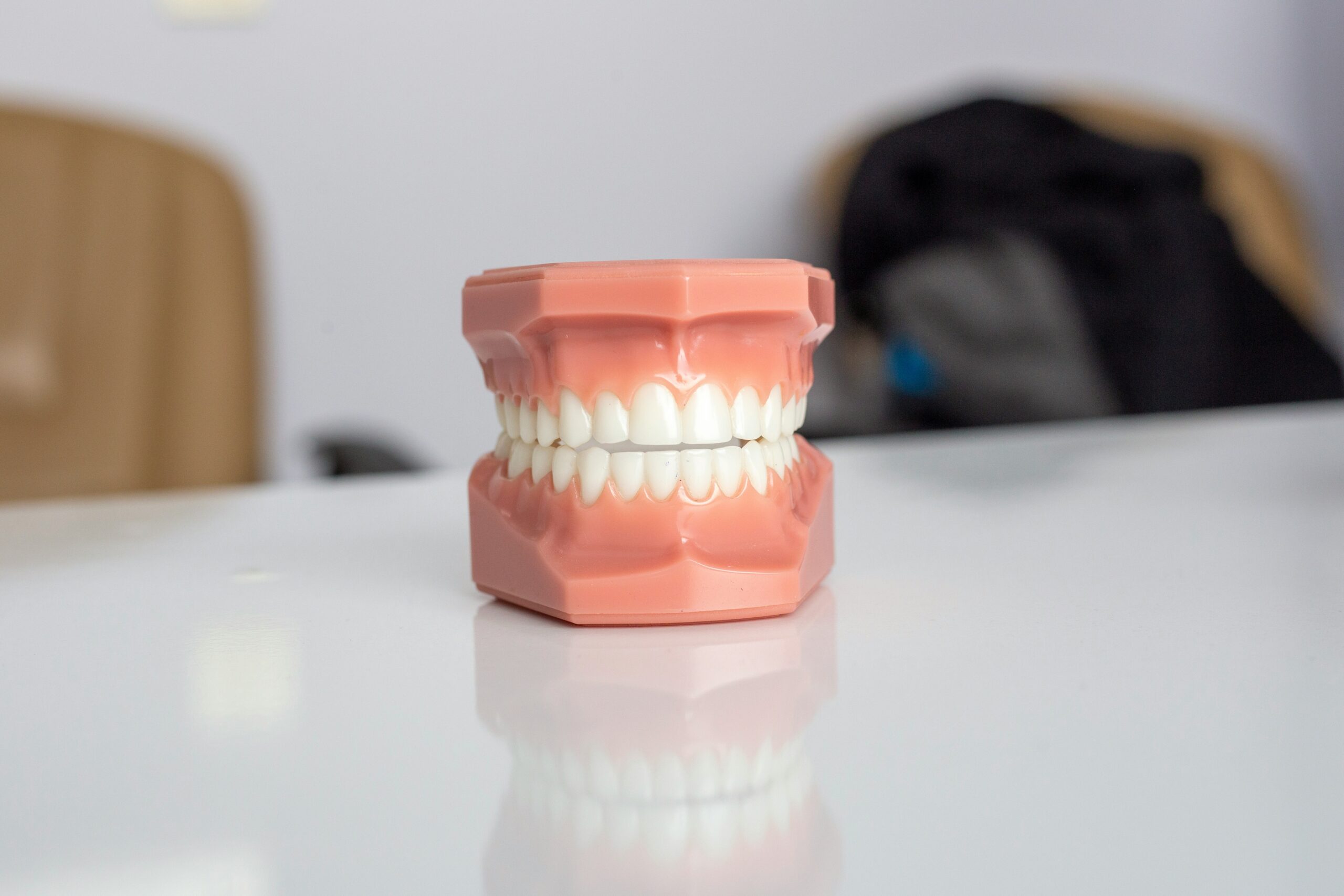
Our bodies aren’t random machines—they run on intricate, finely-tuned internal rhythms. It’s truly divine. Traditional Chinese Medicine (TCM) teaches that every organ follows a specific 2-hour window each day when it’s most active in detoxifying, regenerating, and healing. This concept is known as the Chinese Organ Clock.
Understanding this clock is powerful, but even more important is recognizing why good quality sleep and sleeping at the right times to support your body matters for your health. It’s not just about sleep though; it’s about living in a way that supports your organs throughout the entire day. Missing these critical windows can mean your organs miss their prime time to rest and repair, potentially leading to chronic issues like inflammation, fatigue, hormone imbalances, and weakened immunity.
Why Timely Sleep Is Essential for Your Health
When you sleep, your body isn’t just resting, it’s working hard behind the scenes. Each organ needs its specific time to do its job optimally:
- Detoxifying harmful substances
- Repairing damaged tissues
- Balancing hormones
- Supporting immune function
If you go to bed too late or experience fragmented sleep, you may miss these vital “windows” of organ regeneration. This can cause stress on your body, which over time can contribute to chronic diseases, increased inflammation, and reduced vitality.
Related Post
The Link Between Sleep Quality and InflammationThe Chinese Organ Clock Hour-by-Hour (With Practical Tips)
Traditional Chinese Medicine teaches that each organ has a two-hour window during the day when its Qi (energy) is strongest. This doesn’t mean the organ only works during that time—but rather, it’s when it’s at its peak performance, most sensitive to support (or stress), and most responsive to healing. Aligning your daily routine with these natural rhythms can support detoxification, digestion, emotional balance, and overall wellness.
11 pm – 1 am: Gallbladder Detox
The gallbladder is believed to support fat digestion, nervous system recovery, and even courage or decision-making clarity in TCM. This is its peak window for rest and repair. Staying up late or eating during this time may interfere with your body’s ability to break down fats and reset emotionally.
💡Tip: Be asleep by 11 p.m., and avoid rich, heavy meals late at night.
1 am – 3 am: Liver Detox and Hormone Regulation
The liver performs the heaviest detox work at this time, actively detoxifying the blood, regulating hormones, and processing emotional stress. Waking frequently during this window or going to bed late may disrupt liver function and hormonal balance, which can increase inflammation and slow healing.
💡 Tip: Support liver health by avoiding alcohol, screens, or stimulation late in the evening. Prioritize deep, uninterrupted sleep. Avoid medications late at night.
3am – 5 am: Lung Regeneration and Oxygen Exchange
The lungs replenish oxygen, cleanse themselves, and support immune defense or clear pathogens. Early waking during this time may indicate emotional imbalances or respiratory issues. Poor sleep here may worsen respiratory issues and decrease immune defense.
💡 Tips: Practice deep breathing before bed, reduce bedroom allergens, and consider a humidifier. Keep the air clean and cool in your bedroom
5 am – 7 am: Large Intestine Elimination
The large intestine’s energy peaks here, preparing for the day’s first bowel movement and emotional “release.” A sluggish or delayed morning routine can block physical and emotional detox. Missing a morning bowel routine can cause toxin buildup and sluggish digestion.
💡Tip: Drink warm water upon waking to stimulate digestion and create a peaceful morning rhythm and develop a regular morning bathroom habit.
7 am – 9 am: Stomach Digestion Begins
The stomach’s energy is strongest for breaking down food and absorbing nutrients. It starts producing enzymes to digest your first meal. This is considered the best time for a hearty breakfast. Skipping breakfast or rushing may weaken digestion, disrupt energy production and metabolism throughout the day.
💡 Tips: Eat a balanced breakfast rich in protein and healthy fats and stabilize blood sugar.
9 am – 11 am: Spleen and Pancreas Energy Production
These organs convert food into energy and support your immune system. The spleen turns food into usable energy and supports immune defense. It’s also linked to mental clarity and the ability to focus. Poor nutrition or stress here may weaken immunity and reduce your mental focus.
💡 Tips: Use this time for deep work or learning. Avoid snacking or multitasking if possible.
11 am – 1 pm: Heart Circulation
Your heart is at its peak, pumping oxygen-rich blood throughout the body. Overexerting or emotionally stressing yourself now may place unnecessary strain on your cardiovascular and nervous systems.
💡 Tip: Use this time for meaningful social connection, focused tasks, or walking after lunch, not for stressful meetings or intense cardio.
1 pm – 3 pm: Small Intestine Nutrient Absorption
The small intestine continues digestion by absorbing nutrients and separating the pure from the impure. Overeating or stress may interfere with nutrient absorption and impair digestion.
💡 Tips: Eat a light, balanced lunch and allow time to digest. Take a short walk or rest to support absorption.
Related Post
9 Natural Ways to Boost Energy Without Caffeine3 pm – 5 pm: Bladder Filtration and Fluid Balance
The bladder works closely with the kidneys to eliminate waste and manage fluid balance. Dehydration or pushing through exhaustion may deplete you and weaken the detox pathways.
💡 Tip: Drink water or herbal tea, stay hydrated, and take a quick break to stretch and reset mentally.
5 pm – 7 pm: Kidney Detox and Blood Pressure Regulation
The kidneys reach their peak of detoxification and regulating blood pressure. This is a time to recharge, not overexert. Working late or stressing yourself out now may deplete your core energy reserves. Heavy eating or lack of movement can increase kidney stress.
💡 Tip: Do something restorative like stretching, reading, light cooking. Eat something nourishing and hydrating.
7 pm – 9 pm: Pericardium and Circulation Support
The pericardium protects the heart and supports circulation. This is a time for relaxation, emotional connection, and intimacy. Screen time, overthinking, or emotional tension can interfere with sleep prep and emotional health.
💡 Tip: Begin your wind-down routine. Journal, meditate, stretch, or connect with loved ones in calm, joyful ways.
9 pm – 11 pm: Triple Burner and Hormone Balance
During this time, your body naturally shifts into hormonal regulation, lymphatic flow, and endocrine balance to prepare you for deep, restorative sleep. This window is crucial for syncing your internal rhythms and calming the nervous system. Staying awake during this window, especially when exposed to screens, artificial light, or caffeine, can disrupt hormonal alignment, block lymphatic drainage, and make it harder for your body to fully transition into its overnight repair cycle.
💡 Tip: Begin winding down by dimming the lights, turning off electronics, and establishing a relaxing bedtime routine. Aim to be in bed before 11 p.m. so your body can enter the next stage of deep detox and regeneration.
Final Thoughts: Don’t Miss Your Body’s Healing Windows
Your body runs on an internal clock that governs when it heals, detoxifies, and regenerates, and honoring that rhythm starts with getting good-quality sleep at the right times. Missing those key windows can disrupt critical repair processes, leading to increased inflammation, low energy, and long-term health challenges. By syncing your sleep and daily habits with the Chinese Organ Clock, you support your body’s natural rhythms, boost detox and hormone balance, and wake up feeling truly refreshed. Whether you’re guided by Traditional Chinese Medicine, modern science, or a blend of both, understanding this hour-by-hour system offers powerful insight into how to live in harmony with your body and improve your overall wellness.

6 Best High Protein Snacks (Simple, Easy, & Yum)
The best high protein snacks include jerky, eggs, dairy, cheese, and nuts when paired properly for fullness and steady energy.

The 2 p.m. Slump Is Not Normal, Here’s How to Beat the Afternoon Slump for Real
If you crash every afternoon, your body is asking for support, not more caffeine. Here’s how to beat the afternoon slump naturally with simple daily shifts.

How to Heal Early Tooth Decay and Remineralize Naturally
I spent a year intentionally balancing my minerals, nourishing my body, and practicing natural oral care to successfully remineralize my teeth naturally and heal early decay.





[…] […]
[…] Related Post Chinese Organ Clock: How to Support Your Body’s Organs Hour by Hour […]
Comments are closed.